Felix Reeves
Guest Reporter
Motorists are being warned of new driving law changes in April which could see millions of Britons slapped with expensive car tax changes after Chancellor Rachel Reeves gave the green light to new VED rules.
With a new financial year on the horizon, British motorists will be preparing for a raft of new charges they will be required to pay to stay on the road.
With the new rules being introduced over the next few weeks, GB News has rounded up the most important driving law changes in April 2025 that could impact you.
Do you have a story you'd like to share? Get in touch by emailing [email protected]
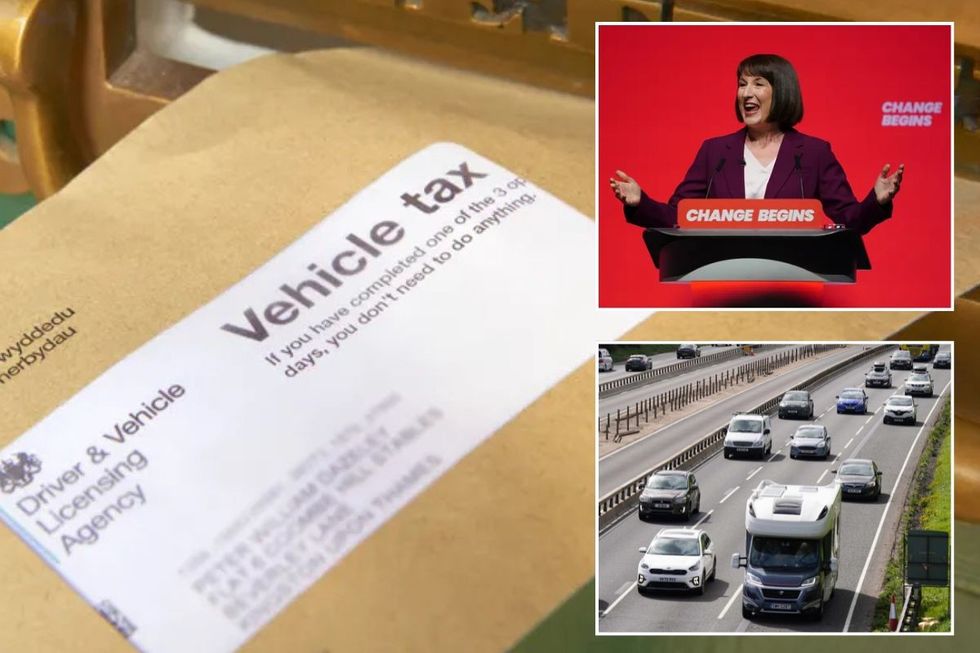
Drivers will see one of the largest Vehicle Excise Duty overhauls in recent years as millions of Britons face huge tax hikes, regardless of what car they drive.
As announced by former Conservative Chancellor Jeremy Hunt in the 2022 Autumn Statement, electric vehicle owners will have to pay car tax for the first time.
Any electric vehicles registered on or after April 1, 2025, will need to pay the lowest first year rate set at £10, before paying the standard rate of £195 from the second tax payment onwards.
Electric vehicles will also be liable to pay the Expensive Car Supplement for the first time. This applies to vehicles with a list price of more than £40,000, which require drivers to pay £410 per year for five years following the first tax payment.

First year rates will be hiked to incentivise drivers to buy electric vehicles. Zero emission cars will pay the lowest first year rate of £10 until 2029-30. Rates for cars emitting 1-50g/km of CO2 will increase to £110, while drivers of new vehicles emitting 51-75g/km of CO2, including hybrids, will pay £130.
All other rates for cars emitting more than 76g/km will double from current levels, meaning some drivers of the most polluting vehicles may be forced to fork out as much as £5,490.
All Vehicle Excise Duty rates for cars, vans and motorcycles, excluding first year rates for cars, will also rise in line with RPI inflation from April 1.
A controversial change will also take place for double cab pick-up trucks, which will be reclassified as company cars for Benefit-in-Kind tax purposes, as well as capital allowances.
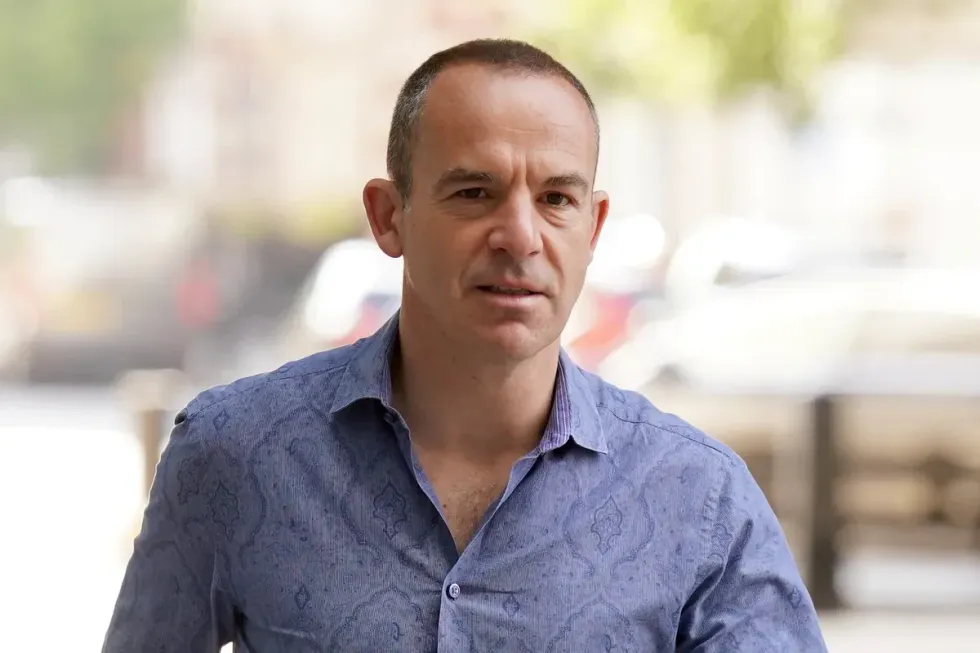
Between April 1 and 3, the Supreme Court will hear an appeal relating to car finance commission payments, which could impact hundreds of thousands of motorists.
Judges will decide on whether car dealer commissions were unfair and how a compensation scheme could work for motorists in a decision which has been compared to the PPI scandal.
Money Saving Expert Martin Lewis said: "If the Supreme Court upholds the Court of Appeal ruling, then the FCA would set up a redress scheme for all car finance (well the 99 per cent affected by this).
"This would be huge, have impacts on the economic competitiveness, and could be at PPI scales of redress, running into the £10s of billions."
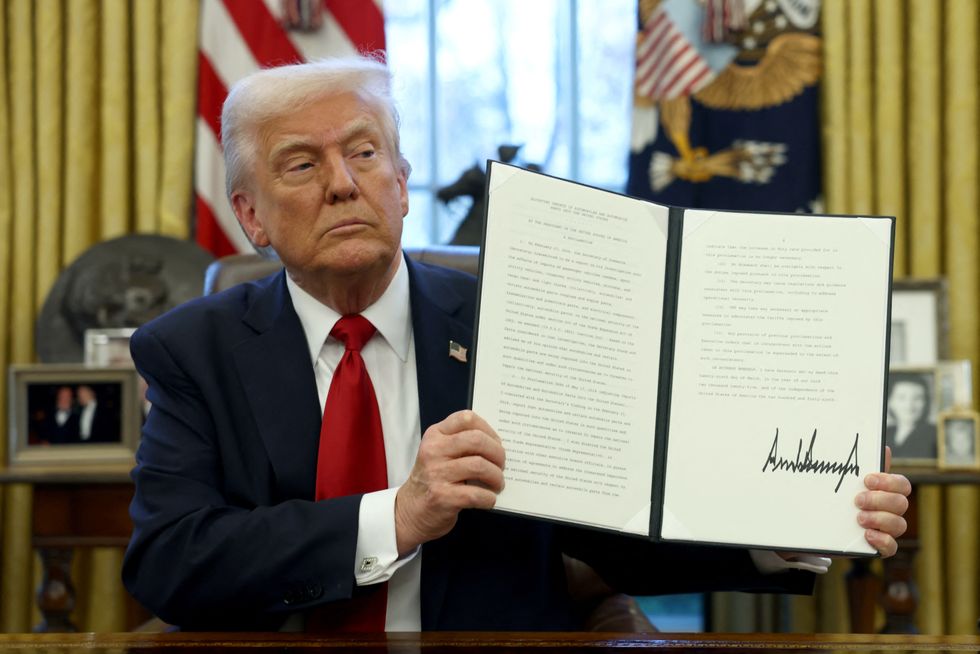
President Donald Trump will introduce a new 25 per cent tariff on all foreign imports of cars in a bid to secure the future of automotive manufacturing in the United States.
The move has been met with widespread condemnation from manufacturers and foreign governments, who warn it will have disastrous consequences for drivers and companies who will see costs spiral in from April 2.
Chancellor Rachel Reeves maintained that she wanted to avoid launching a "trade war" and outlined that the UK Government would continue to work with the United States to find a resolution.
LATEST DEVELOPMENTS:
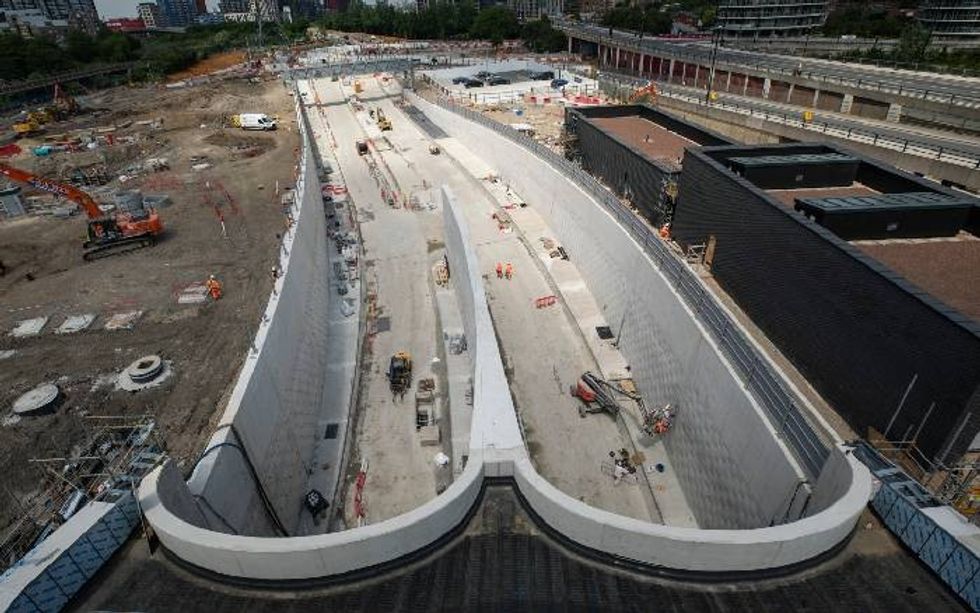
The long-awaited opening of the Silvertown Tunnel will take place on April 7, linking east London with the Greenwich peninsula in the capital. Transport for London hopes it will reduce congestion at the Blackwall Tunnel and make journeys easier for motorists.
During peak times (6am to 10am northbound and 4pm to 9pm southbound), drivers will be charged £4 to use the tunnel, while large vans will pay £6.50 and £10 charges will be applied to HGVs. Motorcycles will pay just £1.50.
Off-peak charges will see motorcycles, cars and small vans pay £1.50, with large vans and HGVs charged £2.50 and £5 respectively. Motorists are encouraged to sign up for TfL's Auto Pay service to ensure they are not charged extra.
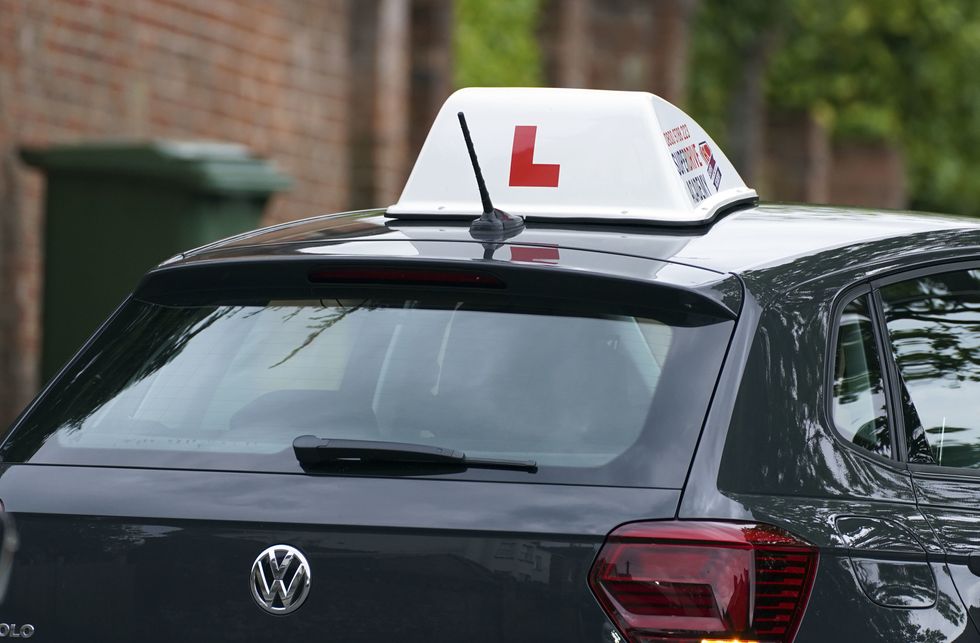
From April 8, 2025, learner drivers will need to give more notice when changing or cancelling their driving test to avoid losing their fee, as the DVSA aims to cut down on the backlog of tests.
The new rules state that learners must give notice at least 10 full working days before changing or cancelling their test without losing their fee.
Future of Roads Minister Lilian Greenwood said the new measures were "vital", adding: "These new measures will ensure that driving test appointments are used efficiently, encouraging learners to make adjustments to their schedules sooner, should they not be fully prepared."
Find Out More...
With a new financial year on the horizon, British motorists will be preparing for a raft of new charges they will be required to pay to stay on the road.
With the new rules being introduced over the next few weeks, GB News has rounded up the most important driving law changes in April 2025 that could impact you.
Do you have a story you'd like to share? Get in touch by emailing [email protected]

Car tax
Drivers will see one of the largest Vehicle Excise Duty overhauls in recent years as millions of Britons face huge tax hikes, regardless of what car they drive.
As announced by former Conservative Chancellor Jeremy Hunt in the 2022 Autumn Statement, electric vehicle owners will have to pay car tax for the first time.
Any electric vehicles registered on or after April 1, 2025, will need to pay the lowest first year rate set at £10, before paying the standard rate of £195 from the second tax payment onwards.
Electric vehicles will also be liable to pay the Expensive Car Supplement for the first time. This applies to vehicles with a list price of more than £40,000, which require drivers to pay £410 per year for five years following the first tax payment.

First year rates will be hiked to incentivise drivers to buy electric vehicles. Zero emission cars will pay the lowest first year rate of £10 until 2029-30. Rates for cars emitting 1-50g/km of CO2 will increase to £110, while drivers of new vehicles emitting 51-75g/km of CO2, including hybrids, will pay £130.
All other rates for cars emitting more than 76g/km will double from current levels, meaning some drivers of the most polluting vehicles may be forced to fork out as much as £5,490.
All Vehicle Excise Duty rates for cars, vans and motorcycles, excluding first year rates for cars, will also rise in line with RPI inflation from April 1.
A controversial change will also take place for double cab pick-up trucks, which will be reclassified as company cars for Benefit-in-Kind tax purposes, as well as capital allowances.

Car finance
Between April 1 and 3, the Supreme Court will hear an appeal relating to car finance commission payments, which could impact hundreds of thousands of motorists.
Judges will decide on whether car dealer commissions were unfair and how a compensation scheme could work for motorists in a decision which has been compared to the PPI scandal.
Money Saving Expert Martin Lewis said: "If the Supreme Court upholds the Court of Appeal ruling, then the FCA would set up a redress scheme for all car finance (well the 99 per cent affected by this).
"This would be huge, have impacts on the economic competitiveness, and could be at PPI scales of redress, running into the £10s of billions."

Tariffs
President Donald Trump will introduce a new 25 per cent tariff on all foreign imports of cars in a bid to secure the future of automotive manufacturing in the United States.
The move has been met with widespread condemnation from manufacturers and foreign governments, who warn it will have disastrous consequences for drivers and companies who will see costs spiral in from April 2.
Chancellor Rachel Reeves maintained that she wanted to avoid launching a "trade war" and outlined that the UK Government would continue to work with the United States to find a resolution.
LATEST DEVELOPMENTS:
- Tesla reaches impressive UK milestone as Elon Musk prepares to launch new electric vehicle
- Drivers are 'spending more than ever' after rollout of 'lose-lose' car insurance law changes - 'Furious!'
- British drivers to fork out £16billion under 'controversial' car tax changes launching within days

Silvertown Tunnel
The long-awaited opening of the Silvertown Tunnel will take place on April 7, linking east London with the Greenwich peninsula in the capital. Transport for London hopes it will reduce congestion at the Blackwall Tunnel and make journeys easier for motorists.
During peak times (6am to 10am northbound and 4pm to 9pm southbound), drivers will be charged £4 to use the tunnel, while large vans will pay £6.50 and £10 charges will be applied to HGVs. Motorcycles will pay just £1.50.
Off-peak charges will see motorcycles, cars and small vans pay £1.50, with large vans and HGVs charged £2.50 and £5 respectively. Motorists are encouraged to sign up for TfL's Auto Pay service to ensure they are not charged extra.

DVSA
From April 8, 2025, learner drivers will need to give more notice when changing or cancelling their driving test to avoid losing their fee, as the DVSA aims to cut down on the backlog of tests.
The new rules state that learners must give notice at least 10 full working days before changing or cancelling their test without losing their fee.
Future of Roads Minister Lilian Greenwood said the new measures were "vital", adding: "These new measures will ensure that driving test appointments are used efficiently, encouraging learners to make adjustments to their schedules sooner, should they not be fully prepared."
Find Out More...
